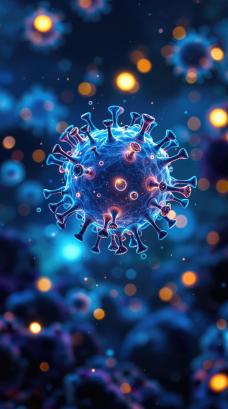
We are pleased to invite you to the final event of the HELICON project, developed to support the BRAIN-be Pillar 3 Federal societal challenges (BELSPO) and aims to unravel the long-term (in)direct health impact of the COVID-19 crisis in Belgium. The HELICON consortium is a multidisciplinary team from the Department of Epidemiology and Public Health at Sciensano, Institute of Health and Society (UCLouvain, promotor Niko Speybroeck), Department of Public Health and Primary Care (UGent, promotor Delphine De Smedt) and BRISPO (VUB, promotor Sylvie Gadeyne).
The event will take place on Monday, 15 December 2025, from 09:30 to 14:00, in Room Storck at the Eurostation building (Rue Ernest Blérot 1, Brussels).
Over the past four years, HELICON has aimed to unravel the long-term and indirect health impacts of the COVID-19 crisis in Belgium, with a particular focus on social inequalities. The project examined how the pandemic affected different population groups, both through the disease itself and through the wider consequences of the crisis, such as disruptions in health care and shifts in health care use. By bringing together researchers, policymakers, and stakeholders, HELICON has generated evidence to guide future health policies and improve pandemic preparedness.
During this closing event, the HELICON team will present the main findings of the project, highlighting key insights into health inequalities and the direct and indirect effects of COVID-19. National experts, including Isabelle Devos, Niel Hens, and Marius Gilbert, will share their perspectives on the lessons learned from the pandemic and reflect on strategies to strengthen public health surveillance and response. The program will conclude with a panel discussion on how to better translate scientific evidence into effective policy, followed by a networking lunch to exchange ideas and explore future collaborations.
